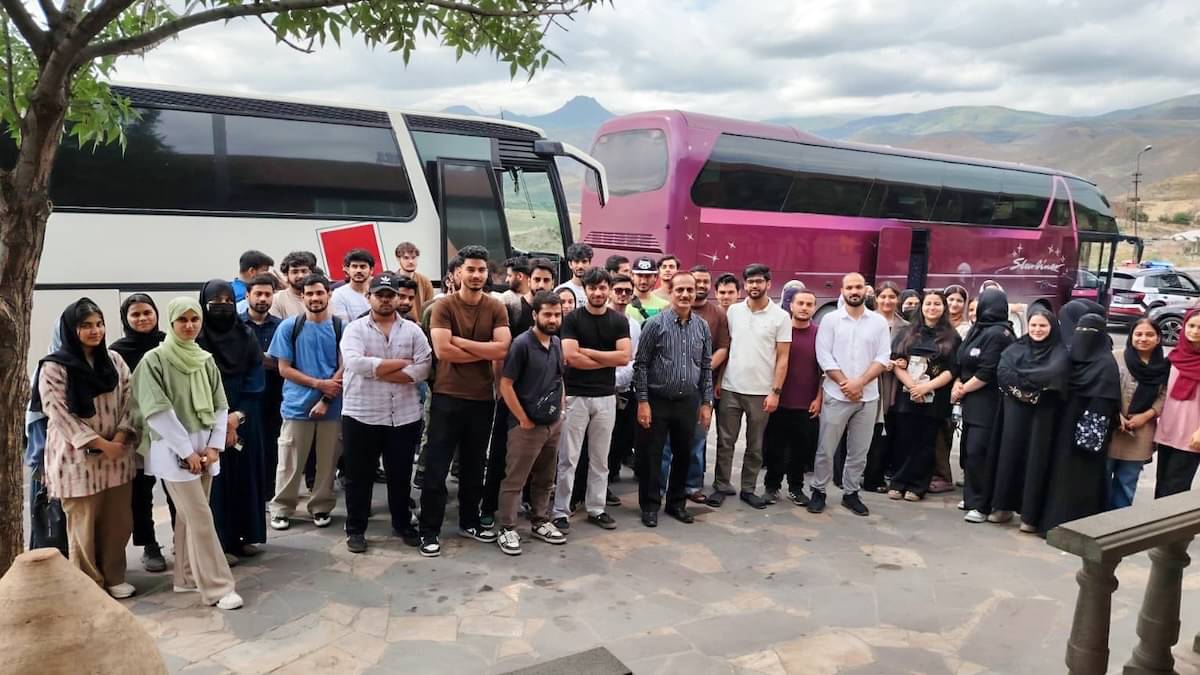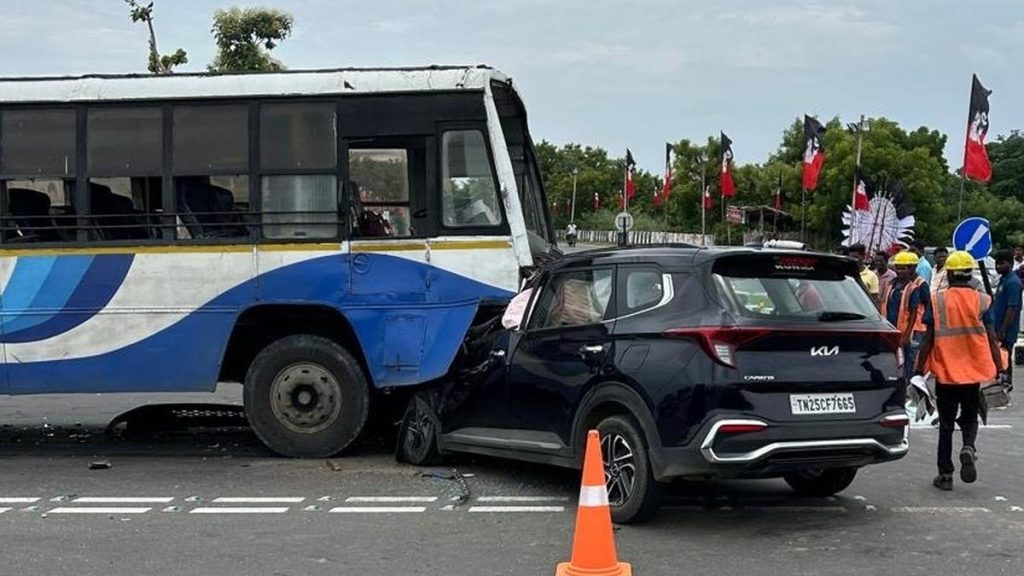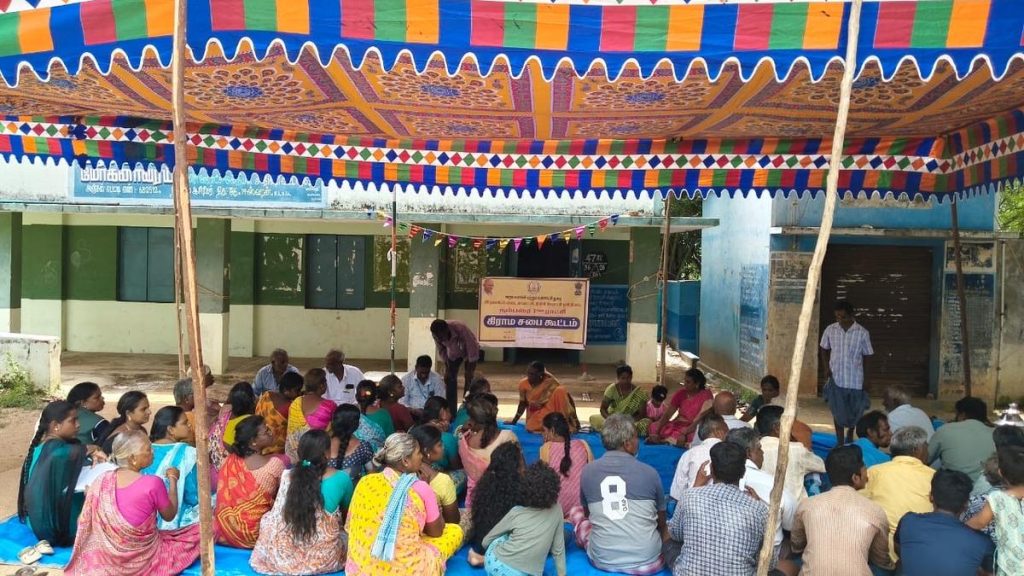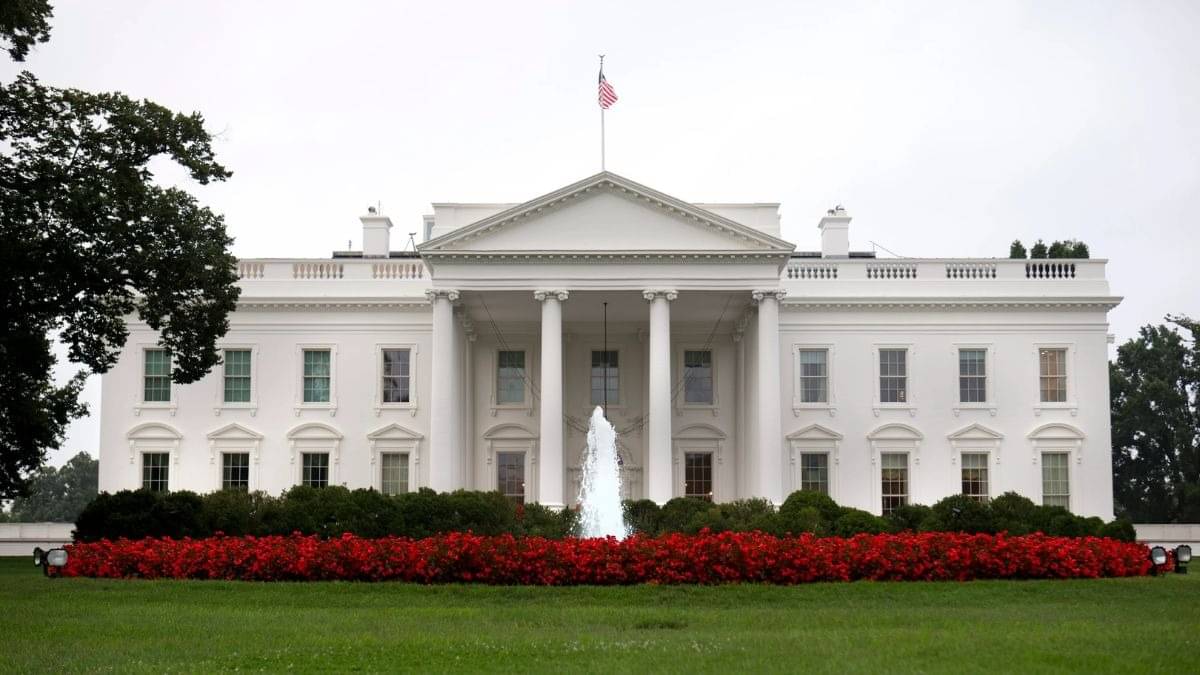Now Reading: Operation Sindhu: 600 Indian Students, Including 500 from Kashmir, Safely Evacuated to Mashhad; Delhi Arrival Expected Friday
-
01
Operation Sindhu: 600 Indian Students, Including 500 from Kashmir, Safely Evacuated to Mashhad; Delhi Arrival Expected Friday
Operation Sindhu: 600 Indian Students, Including 500 from Kashmir, Safely Evacuated to Mashhad; Delhi Arrival Expected Friday

Rapid Summary
- Operation Sindhu: India launched a mission to evacuate Indian nationals amid escalating tensions in the Iran-Israel conflict.
- Student Evacuation Progress: Around 600 Indian students, including 500 from Kashmir, have reached Mashhad from Qom in Iran. The relocation involved a 15-hour road journey covering approximately 1,000 km.
- Institutions Involved: The evacuees include students from islamic Azad University, Iran University of Medical Sciences, and Shahed Beheshti University.
- Next Steps: From Mashhad, the students are expected to travel to Turkmenistan and then board flights to New Delhi on Friday.
- Prior Round of Evacuations: Earlier this week, a flight carrying 110 Indian evacuees reached New Delhi directly from Armenia under Operation Sindhu.
- Support Measures by MEA: India’s Ministry of External Affairs (MEA) and its embassy in Iran are actively facilitating relocations and evacuations for affected citizens. Special helplines have been established for assistance.
- Acknowledgment by J&K Students Association: PM Modi and External Affairs Minister S Jaishankar were thanked for their swift intervention. JKSA previously urged evacuation efforts citing “psychological toll” on stranded families.
Image Caption: Indian students prepare at Zvartnots International Airport (Armenia) under Operation Sindhu. | Source: ANI
Indian Opinion Analysis
india’s timely response thru Operation Sindhu underscores its commitment to safeguarding nationals abroad during crises like the ongoing Israel-Iran conflict. The evacuation showcases India’s effective coordination between diplomatic channels and local authorities while adhering to humanitarian priorities.
Key considerations include the logistical challenges presented by long-distance relocations across borders amidst regional hostilities. Accomplished navigation of thes obstacles highlights India’s preparedness in global crisis management scenarios-particularly significant given that many evacuated individuals hail from sensitive regions like Kashmir.
the initiative also reinforces domestic ties as state-level associations like JKSA play an advocacy role, ensuring complete support mechanisms align with federal policies during emergencies. As tensions remain volatile internationally, such operations serve both as reassurance for citizens overseas and as potential models for future coordinated evacuations worldwide.




























